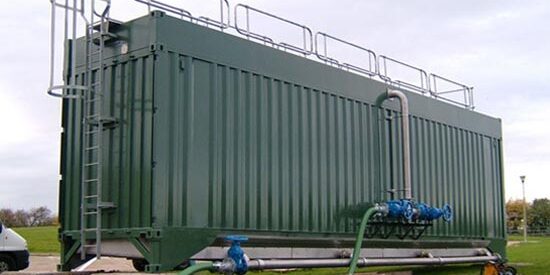Oil companies operating in Namibia are set to benefit from increased efficiency and cost savings as energy technology company Baker Hughes moves forward with plans to construct a liquid mud unit (LMU) in the country.
The initiative aims to address challenges associated with importing drilling fluids from Angola, streamlining operations and supporting the growing offshore exploration activity in Namibia.
According to Tokunbo Azeez, Baker Hughes’ executive director for sub-Saharan Africa, the current practice of importing drilling fluids from Angola poses logistical hurdles, leading to delays, increased costs, and operational risks.
The construction of the LMU in Walvis Bay will mitigate these challenges by providing a local source of drilling fluids, reducing lead times and enhancing operational reliability.
Liquid mud plants play a crucial role in offshore exploration by producing and supplying synthetic oil-based “mud” and brines used during drilling operations to prevent blowouts and reduce friction.
By establishing the LMU in Namibia, Baker Hughes aims to support the country’s burgeoning oil and gas industry and facilitate the exploration efforts of oil companies operating in the region.
The project is particularly timely as Namibia experiences an influx of drilling rigs and support ships, which strain existing port infrastructure and contribute to congestion issues.
With the LMU slated to begin operations in September, Namibia will have the necessary infrastructure to meet the demands of offshore exploration activities and position itself as a key player in the global energy landscape.
Namibia’s emergence as a significant exploration destination has been underscored by offshore discoveries made by major energy companies such as TotalEnergies, Shell, and Galp Energia.
The establishment of the LMU represents a significant milestone in the country’s journey towards oil and gas production and reinforces its status as a promising frontier for energy exploration.
![]()



